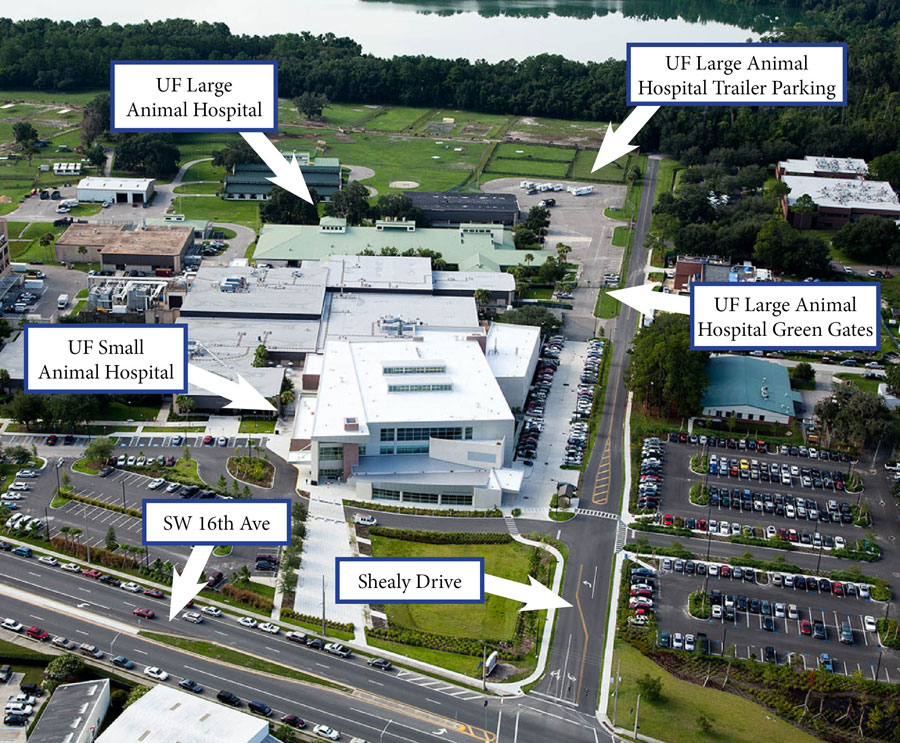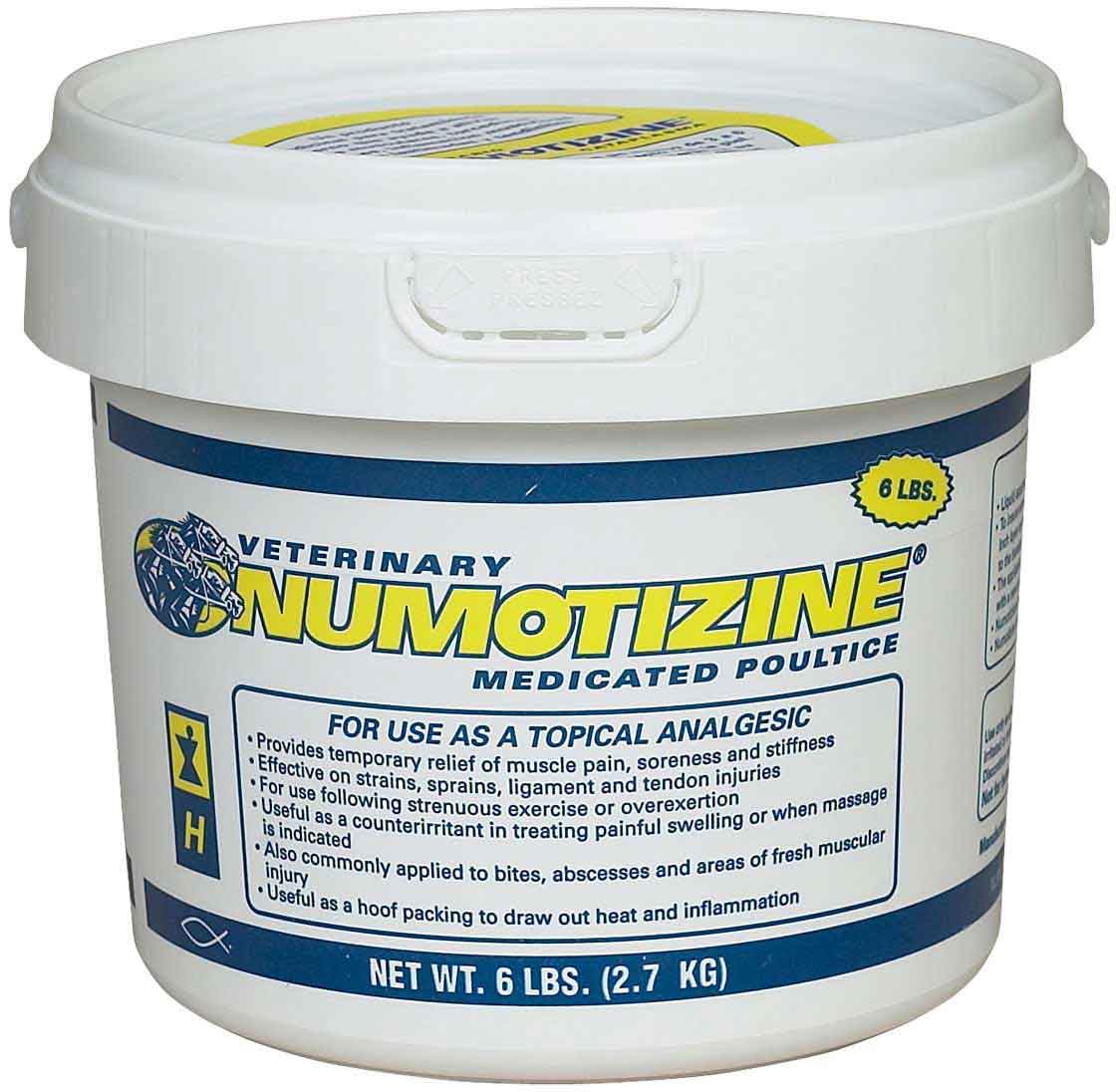How Veterinary Labs Help Protect Pet Well-Being
How Veterinary Labs Help Protect Pet Well-Being
Blog Article
Pets are family, and keeping them healthy requires effort. Veterinary diagnostic services are invaluable resources in ensuring proper care for household animals.
This article, we’ll explore the value of lab tests for animals and show how labs work with vets.
How Do Veterinary Laboratories Work?
Veterinary laboratories offer diagnostic solutions for evaluating pet health. They help veterinarians to develop effective treatments.

Steps in veterinary testing usually includes:
- Preparing samples for testing: Blood, urine, or feces are gathered during visits.
- Sample examination: Modern technology evaluate the samples.
- Providing actionable data: Vets review the reports for targeted interventions.
Key Diagnostics for Pet Health
Labs provide diverse options for health checks to address medical issues. Popular tests include:
- Hematology panels: Monitor immune responses.
- Urine diagnostics: Ensure bladder health.
- Gut health screenings: Ensure proper nutrient absorption.
- Allergy panels: Identify irritants.
- Advanced imaging tests: Check internal organs.
The Benefits of Veterinary Testing
Consistent lab work improves pet care. By addressing concerns promptly, vets can provide better care.

The importance of routine exams include:
- Improved health outcomes: Vets can tailor treatments.
- Lower medical expenses: Small problems are treated before they escalate.
- Confidence in care: You’ll know they’re thriving.
clínica e laboratório veterinário da villa
clínica e laboratório veterinário da villalaboratorio veterinario
Conclusion: Veterinary Labs as a Cornerstone of Pet Health
Veterinary labs are vital for protecting the health of dogs and cats. By using these valuable resources, you support their quality of life.
Act now to safeguard your pet’s future and keep them healthy and thriving!
Report this page